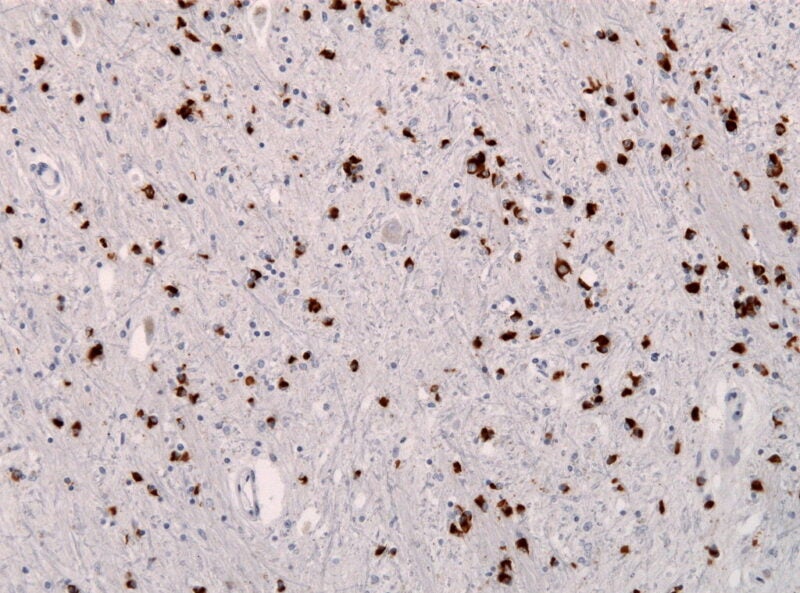
Alterity Therapeutics has begun the Phase II clinical trial of ATH434 in the UK to treat patients with multiple system atrophy (MSA), a neurodegenerative disease.
Currently open for subject enrolment, the double-blind, randomised, placebo-controlled trial will analyse ATH434 in subjects with early-stage MSA.

Discover B2B Marketing That Performs
Combine business intelligence and editorial excellence to reach engaged professionals across 36 leading media platforms.
The impact of ATH434 on neuroimaging, as well as protein biomarkers such as excess brain iron and aggregating α-synuclein, will be assessed in the trial.
Excess brain iron and α-synuclein contribute mainly to MSA pathology.
Clinical endpoints will aid in the complete evaluation of the efficacy of ATH434, as well as its safety and pharmacokinetics characterisation.
The company anticipates enrolling nearly 60 adults, who will be given one of two doses of ATH434 or a placebo.

US Tariffs are shifting - will you react or anticipate?
Don’t let policy changes catch you off guard. Stay proactive with real-time data and expert analysis.
By GlobalDataTo identify changes in efficacy endpoints to streamline the Phase III trial design, patients will be given the treatment for 12 months.
ATH434 is a lead candidate of the company. It is the first among a new generation of small molecules to hinder the build-up of pathological proteins linked to neurodegeneration.
In preclinical research, the candidate aimed to lower α-synuclein pathology and protect nerve cells by reinstating a normal iron balance in the brain.
According to findings from Phase I trials, ATH434 was found to be orally bioavailable, well tolerated, and attained brain levels in line with efficacious levels in MSA animal models.
Alterity Therapeutics CEO David Stamler said: “Our Phase II clinical trial continues to progress as planned, with the launch of the study in the UK for patients with MSA.
“In a short period of time, we have now commenced enrolment in our second region and we look forward to broadening our reach over the next several months.
“Because MSA is a rare disease, we are committed to providing access to the trial to eligible patients globally.”
In June this year, the company obtained authorisation from the Italian Medicines Agency to conduct a Phase II trial of ATH434 for MSA.





